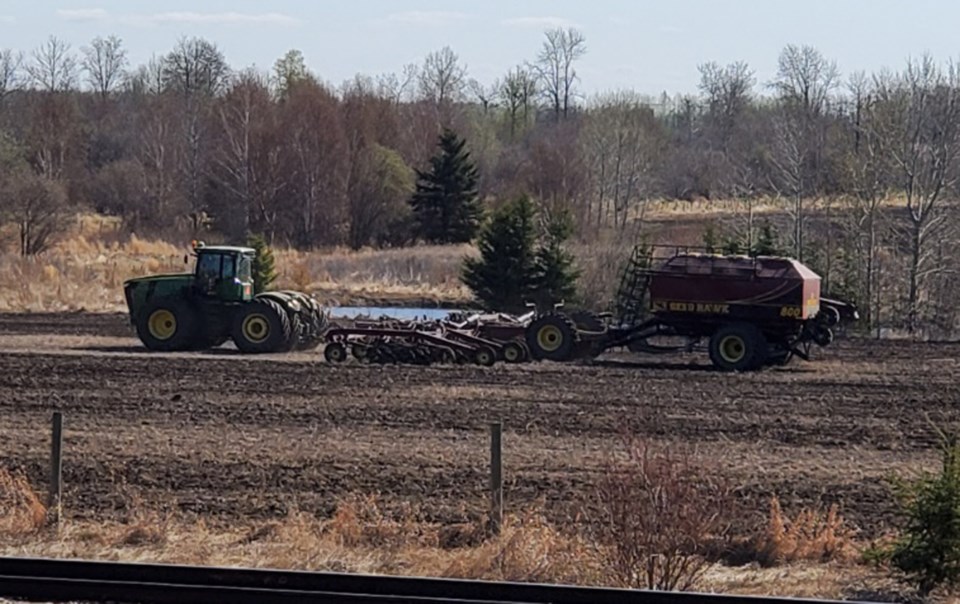ATHABASCA - “Brutal.”
That’s how one Athabasca-area resident and agricultural producer described the last several years as a farmer. And he’s not alone, producers all through Athabasca County have been through the rain and hail, snow and unpredictable weather patterns, and having to leave their crops in the field over the winter.
These ongoing conditions were discussed by Athabasca County councillors at their June 9 regular council meeting and at the end they decided it was appropriate to declare a state of agricultural disaster in the county.
“We know that our producers have had several years of difficult weather and marketing conditions to contend with and this year the pandemic has added another layer of concern,” said reeve Larry Armfelt.
“While we cannot predict the outcome for our producers in 2020, we want to support them where we can, especially, especially during the tough economic conditions we find our selves in.”
Athabasca County last declared an agricultural disaster in 2015 due to drought.
“The weather has been totally brutal,” said Don Grygus, who has been farming near Grassland for years. “The last four or five years, we’ve left crop I the field.”
He said many of his neighbours have been even worse off than himself and he knows others that are getting out of the industry altogether.
“We got close to 40 inches of rain last year,” he said. “There’s nobody that really finished combining last year.”
“I had more hours on my grain dryer last year than I did on my tractors and combines.”
The declaration by the county does not necessarily mean guaranteed compensation for farmers though, but it is a practise that many municipalities follow to make other levels of government aware that challenges exist.
“If you look around the county at all the acres that are un-seeded. It’s bad,” said Grygus.
If the province does provide stimulus funding to ag producers at some point, they will at least be one step closer to a complete application. It is more of a signal to other municipalities and upper levels of government that the county has already taken the first step by acknowledging producers are under duress and that challenges persist. When a number of municipalities in a certain region make similar declarations it brings more attention to the situation.
“There were a couple guys that got out this year. It’s getting to the point where they’re getting up because they have to. These are very hard-working people and it’s not right,” said Grygus. “I look at it this way: If a guy has been here all his life and can’t make it, don’t tell me someone else is going to come here and perform miracles.”
The county will also be notifying the Rural Municipalities Association and the Ministry of Agriculture and Forestry of its decision.



